Paris attacks: 'Mastermind' of attacks Abdelhamid Abaaoud turned back on 'fantastic' life, says father
Abdelhamid Abaaoud is said to have recruited his younger brother, Younes Abaaoud, into Isis aged 13
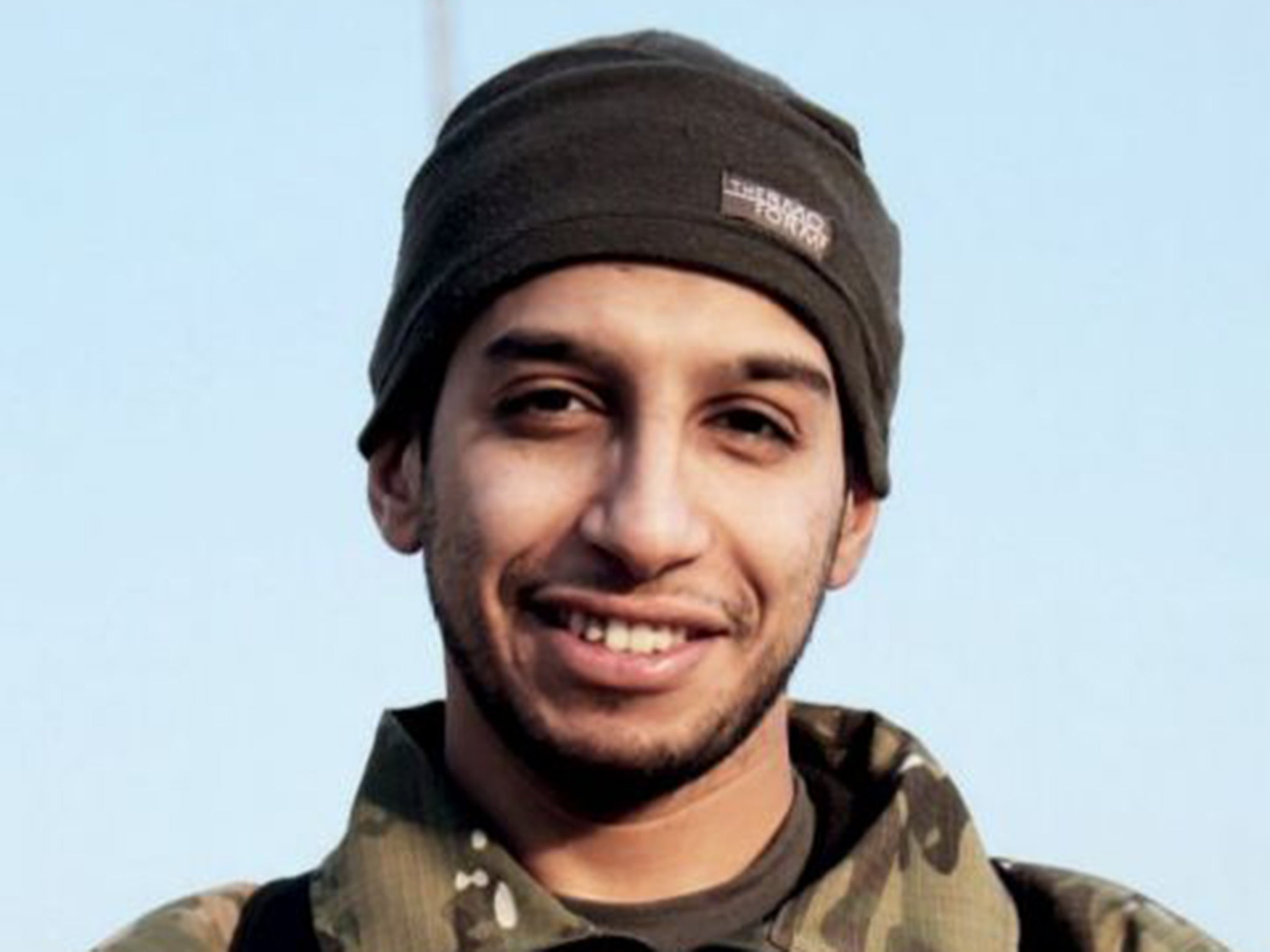
Your support helps us to tell the story
From reproductive rights to climate change to Big Tech, The Independent is on the ground when the story is developing. Whether it's investigating the financials of Elon Musk's pro-Trump PAC or producing our latest documentary, 'The A Word', which shines a light on the American women fighting for reproductive rights, we know how important it is to parse out the facts from the messaging.
At such a critical moment in US history, we need reporters on the ground. Your donation allows us to keep sending journalists to speak to both sides of the story.
The Independent is trusted by Americans across the entire political spectrum. And unlike many other quality news outlets, we choose not to lock Americans out of our reporting and analysis with paywalls. We believe quality journalism should be available to everyone, paid for by those who can afford it.
Your support makes all the difference.A detailed picture of some of the killers behind the attacks in Paris has begun to emerge with many previously known to have travelled to Syria to fight for Isis.
French officials described Abdelhamid Abaaoud, 27, as the “mastermind” of the attacks. Said to be the son of a shopkeeper originally from Morocco, Abaaoud reportedly joined Isis in Syria in 2013 and appeared in a video driving a van dragging mutilated bodies to a mass grave. He is said to have recruited his younger brother, Younes Abaaoud, into the terror group aged 13.
His family had previously announced that he was dead but police now think the family were misled and the claim was false. He was well known to police in Belgium who described him as the head of a terrorist cell in Verviers which was dismantled last January after a shootout in which two jihadists were killed. Abaaoud was sentenced in absentia to 20 years along with 32 other jihadists.
After the Verviers incident, his father, Omar, said he was “ashamed” of him. “Abdelhamid has brought shame on our family. Our lives are destroyed,” he said.
Omar Abaaoud added that he was horrified his son had contemplated attacks in Belgium, a country which had been good to his family. Mr Abaaoud said he came to Belgium to work in a mine 40 years ago. He prospered. “We have climbed the ladder. I received this clothing store and I had also bought one for Abdelhamid. We had a nice life, yes, even a fantastic life here. Abdelhamid was not a difficult child and had become a good trader.”
His father said things changed dramatically in 2013 when his son suddenly left for Syria. “I asked myself every day why he was radicalised to the point,” adding that he did not know the answer.
In Syria, Abdelhamid, who became known as Abu Omar Soussi or Abu Umar al-Baljiki, appeared frequently in Isis propaganda where he was pictured heavily armed and advocating violence. In one video he is seen driving a pick-up vehicle dragging the corpses of murdered opponents.
He is said to have joined a group of young Belgian jihadists, known as al-Battar Katiba, or “the sword of the prophets”. One of his fellow Belgian jihadists wrote on a social network site after the attack on Charlie Hebdo and a Jewish supermarket in Paris in January: “The good news is that it is only the beginning.”
Police believe he helped plan the attack on the Amsterdam-to-Paris train in August which was thwarted by four passengers, including British businessman Chris Norman.
He is also said to have carried out several armed robberies with one of two French brothers alleged to have been involved in Friday’s attacks. A French jihadi arrested after returning from Syria this summer reportedly told police Abaaoud had told him to attack a concert hall.
French prosecutors said Sami Amimour, 28, identified as one of the suicide-vest attackers at the Bataclan theatre, was also known to the authorities. According to justice officials, Amimour was arrested in October 2012 with two other youths on suspicion of trying to travel to Yemen to fight. He was held and questioned for four days by the Central Directorate of Internal Intelligence (DCRI) before being charged. He was later given probation.
Just under a year later he told his parents he was going to the South of France for a holiday but called them a week later from Turkey and said he was about to cross the Syrian border. “By being here, I do what I like,” he told them.
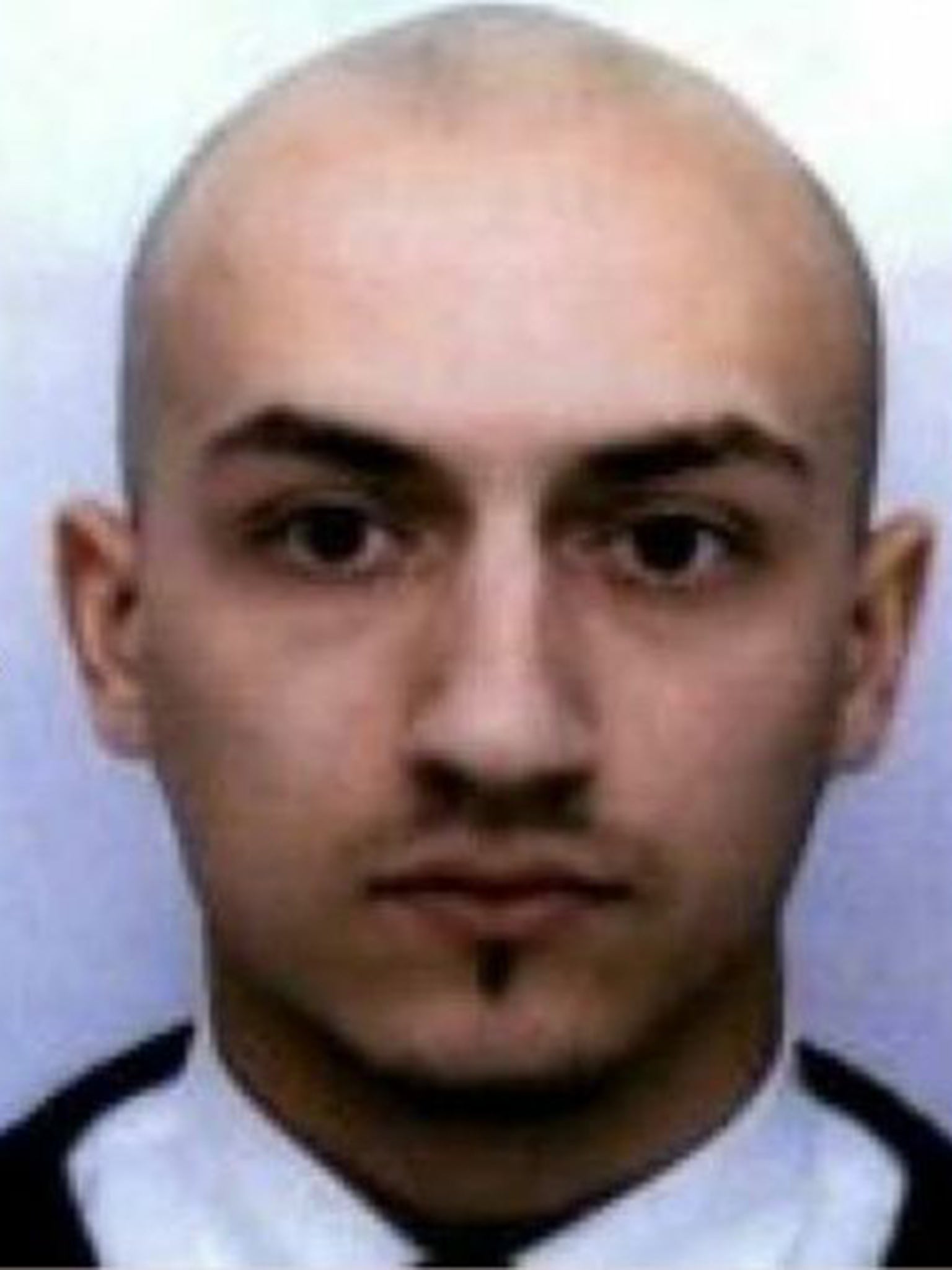
Born in Drancy, a north-eastern suburb of Paris, he was of French-Algerian descent. His father Mohamed, 67, told Le Monde newspaper how in June last year he travelled to Manbij in Isis-controlled Syria to try to persuade his son to return to France with him, but was unsuccessful.
When he eventually met his son he was on crutches after being injured in fighting. “It was a very cold reunion,” he said. “He was with another guy, who never left us alone. He did not come home, did not say how he was injured or if he was fighting.”
When he met him later that day he gave his son a letter from his mother. “I slipped €100 in the envelope. He went to read it in a corner and made me take the money back, saying he did not need money.”
Mr Amimour Snr said he travelled back two days later with a French woman from Montpellier and her six-month-old baby. “Her husband was about to [be part of a] suicide [attack]. She looked happy,” he said.
Another of the Bataclan attackers is believed to be Omar Moustafai, 29, who was of French-Algerian-Portuguese descent. Moustafai’s identification is believed to have come from a severed thumb found at the concert hall.
Moustafai had a police record for “petty theft” it was reported but he was never jailed. The security services deemed him to have been radicalised in 2010 but he was never implicated in a counter-terrorism investigation. His radicalisation was alleged to have occurred after attending a mosque near Chartres, from his home town of Courcouronnes, 25 miles from Paris.
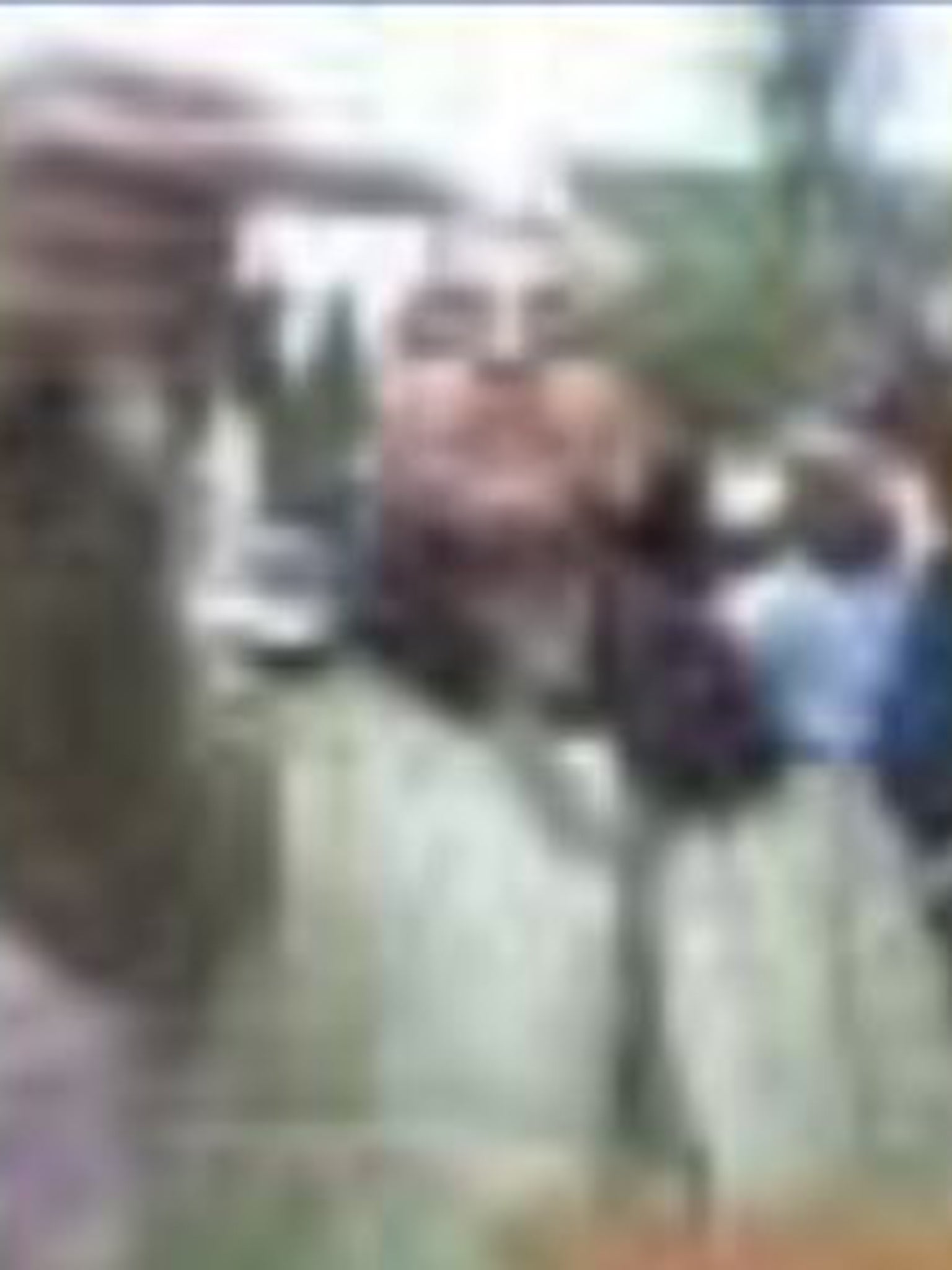
His father, brother, a security guard, and a sister-in-law, are among six people close to him arrested by police. Before the arrests his brother told people they had not spoken to him “in years”.
Ibrahim Abdulsalem, 31, one of two brothers said to have been involved, blew himself up outside a bar on the Boulevard Voltaire, near the Bataclan, wounding one person. He was also identified by prosecutors as the man who rented a Seat car used in the attacks.
Police say they want to question his younger brother Salah, 26, in connection with the attacks.
Abdulsalem ran a bar in the town of Molenbeek, close to Brussels, called Les Beguines. According to people familiar with the family, Ibrahim was radicalised and had spent time in Syria – although it was not clear precisely when.
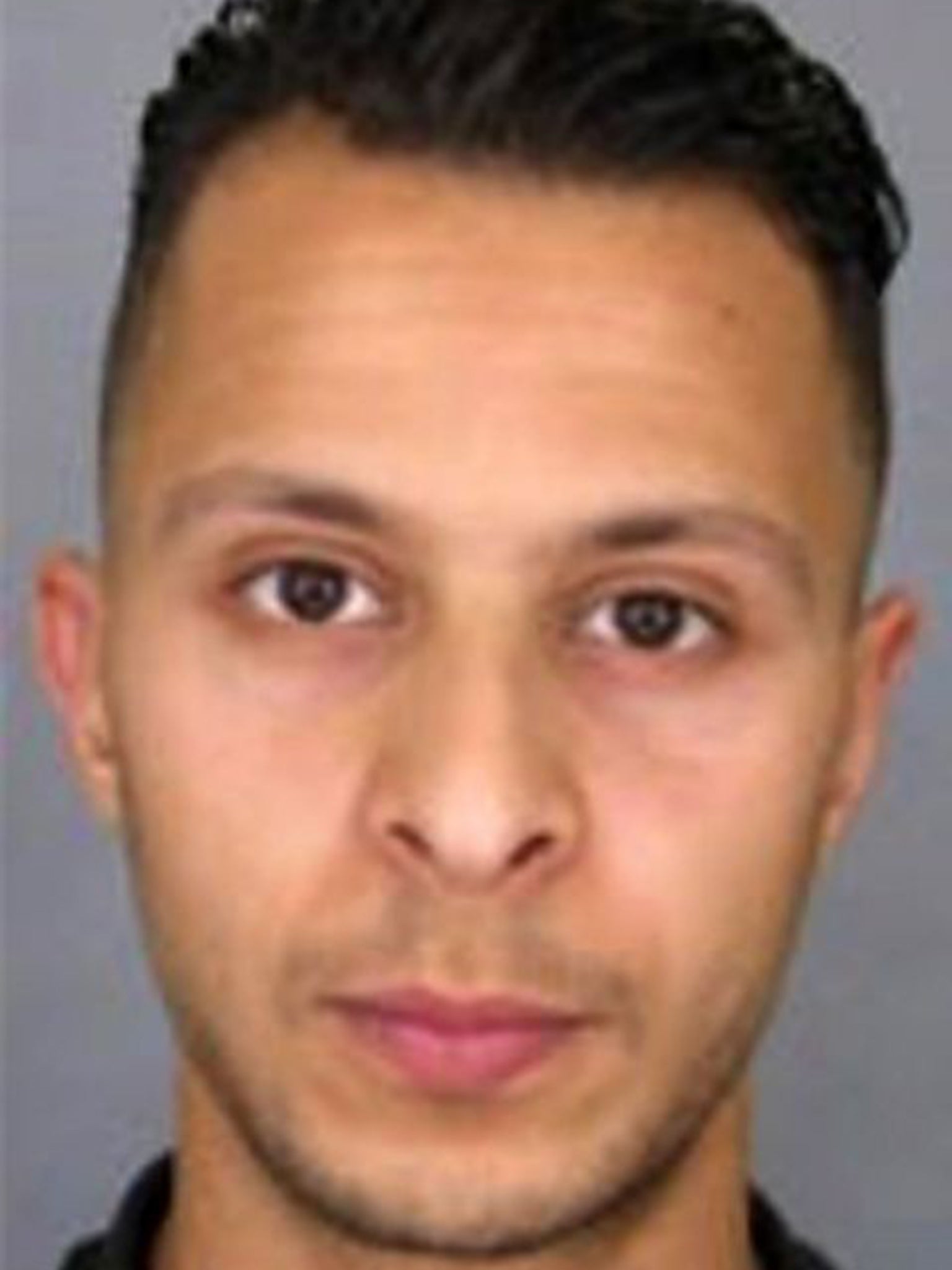
His mother said: “This was not his plan, that’s for sure. The fact that his suicide belt exploded without killing anyone says a lot.” Speaking through an interpreter she said the family were surprised at Salah’s involvement.
“We even saw him two days before the attacks. There were no signs that they had plans to do anything violent. We were really surprised that Salah was involved. Brahim was different. We did see that he had been radicalised, at least in part. But not so much that we ever thought he would commit an atrocity like this.”
A third brother, Mohammed, was arrested in Molenbeek and later released without charge. Speaking after release he said: “I do not know to tell you why or how [my brother found himself in the attack]. We are an open family. We have never had problems with the law. You must also understand that, despite tragedy, my parents are in shock and really don’t realise [what has happened].”
He said nobody had noticed anything unusual in his brothers. “It is not yet known what really took place. We do not know where he [Salah] is. He grew up here, studied here. He is a normal boy. Nobody in our family knew that Ibrahim was in Paris on Friday.”
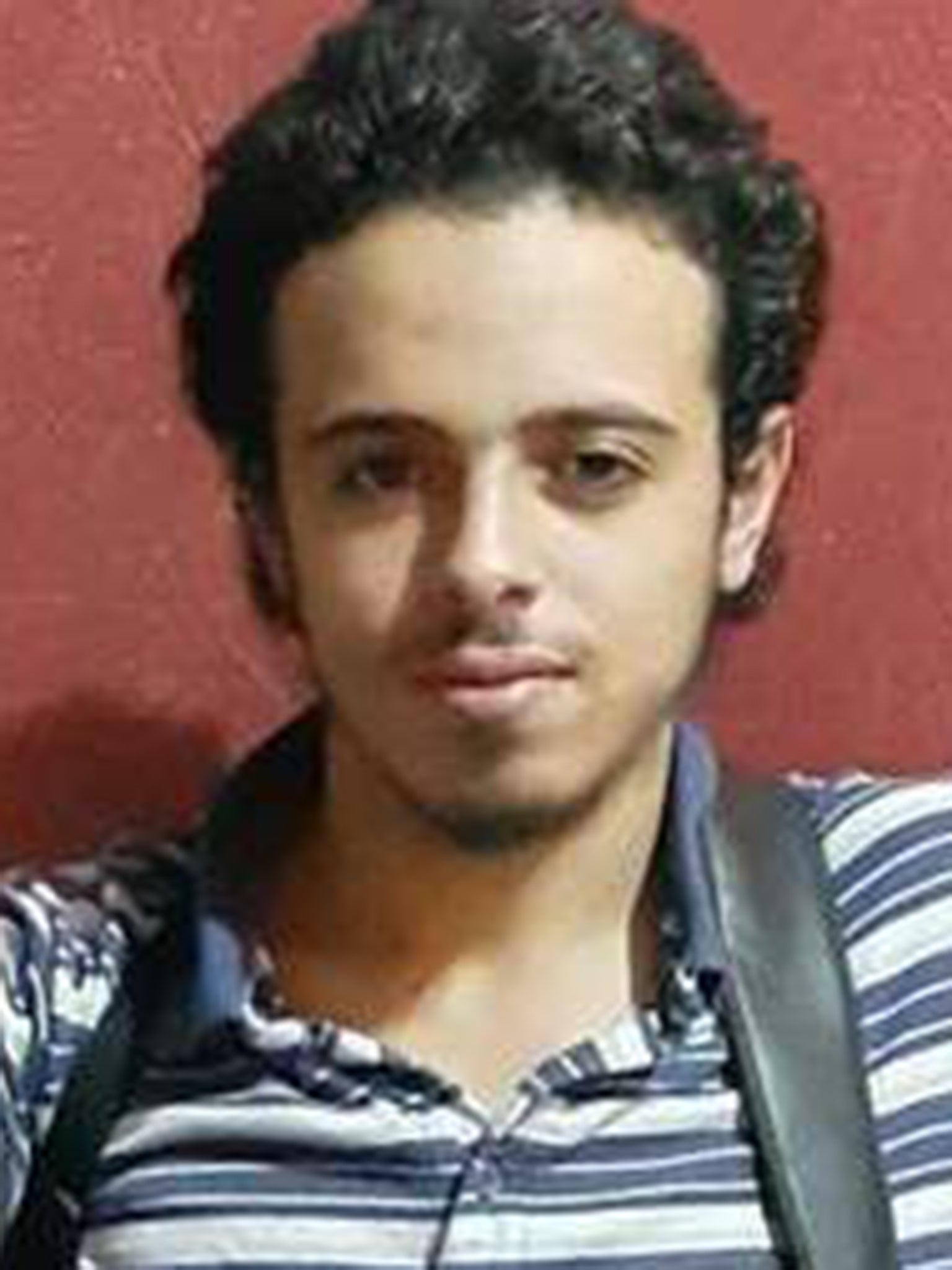
Fellow French national Bilal Hadfi, 20, also lived in Belgium and is thought to have travelled to and fought in Syria. According to Belgian media reports, Hadfi was living in the municipality of Neder-over-Heembeek, just north of Brussels. He is said to have become radicalised last year and travelled to fight in Syria earlier this year.
He was not known to the French authorities but Belgian television reported he was known to police. According Télé Bruxelles, Bilal Hadfi lived in social housing Brussels City, before moving to the municipality of Forest in July. His movements were followed by police who considered him a radical, it was reported.
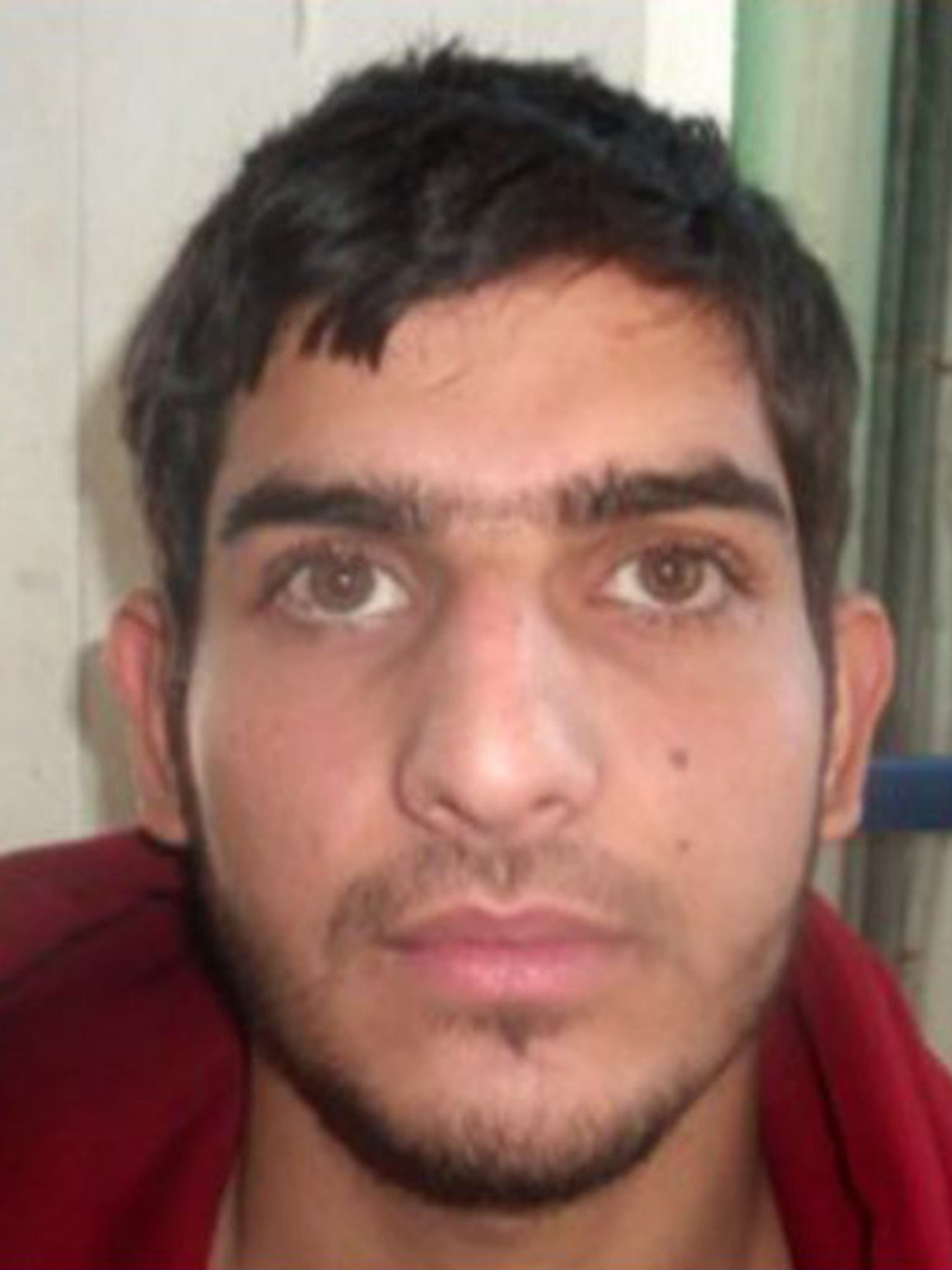
It was also claimed he had been in contact, through social media with a Belgian national, Abou Isleym Belgiki, who has been pictured with a beheaded Isis victim in Syria. Abu Isleym called for his contacts to carry out attacks on “the lands of the infidels,” Het Laatste Nieuws reported.
One of the two suicide bombers outside the Stade de France football match was identified by French police as Ahmad al-Mohammad. The 25-year-old is said to have travelled via Greece and Serbia. He was born in Idlib, Syria, according to his passport, which was used to match his fingerprints.
Join our commenting forum
Join thought-provoking conversations, follow other Independent readers and see their replies
Comments